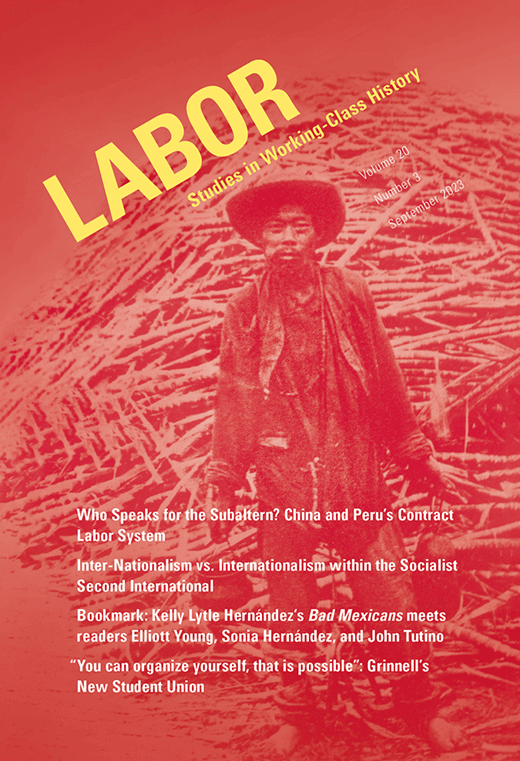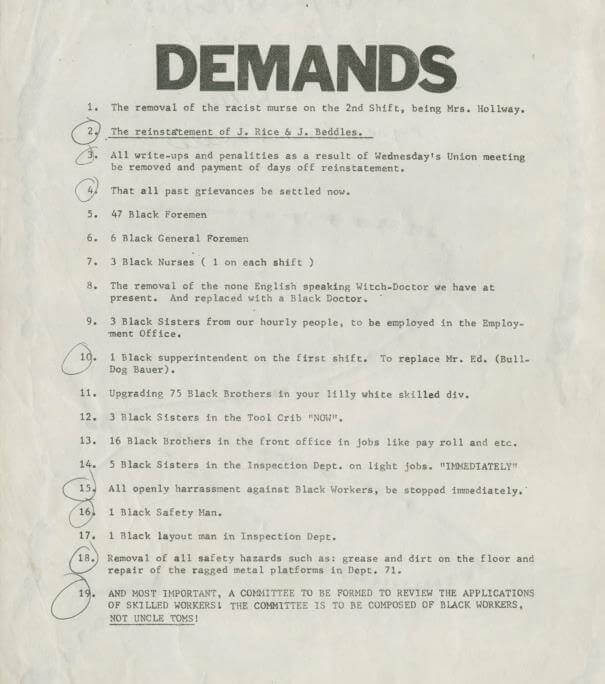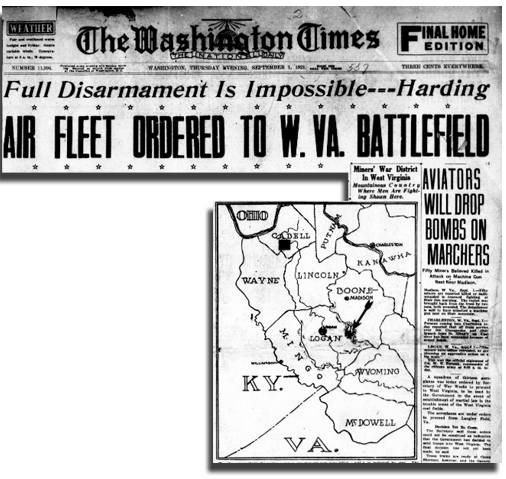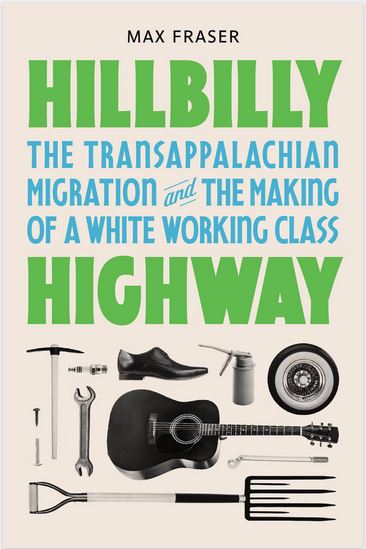This is the third in a series that updates and extends John McKerley’s essay in the current issue of Labor: Studies in Working Class History, which is freely available for three months, thanks to Duke University Press. The first...
This is the third in a series that updates and extends John McKerley’s essay in the current issue of Labor: Studies in Working Class History, which is freely available for three months, thanks to Duke University Press. The first post is here. I thought it was an important contribution given the uptick of graduate student, faculty and undergraduate organizing. –ed.
 John McKerley’s Labor essay in is featured and free for the next few months.
John McKerley’s Labor essay in is featured and free for the next few months.
In 2018, I interviewed four leaders of the Union of Grinnell Student Dining Workers (UGSDW) at Grinnell College, a highly selective liberal arts institution in Grinnell, Iowa. At the time, I was working as the oral historian for the Iowa Labor History Oral Project (ILHOP), an over forty-year-old oral history collaboration focused on documenting the history of Iowa workers and their unions.
Recording the stories of UGSDW members was part of my job, but it also reflected a longstanding interest in student-worker organizing that stretched back to my time as a graduate employee and member of the United Electrical, Radio, and Machine Workers of America Local 896-Campaign to Organize Graduate Students (UE-COGS) at the University of Iowa. Formed in 2016, UGSDW was already at the point where its founding members were preparing to hand over the reins to a new generation, and I wanted to document what I worried might be an important but short-lived experiment in undergraduate worker organizing.
As it turns out, UGSDW was far more resilient than I had ever imagined. Indeed, it has gone on to become one of the most successful unions of undergraduate student workers in the country, including waging sophisticated, multi-year campaigns with national implications and expanding its jurisdiction to include all hourly student workers across the college’s campus. Most recently, in the spring of 2023, the union undertook its first strike as part of a complex and as-yet-unresolved campaign to improve conditions for its expanding membership.
This post—the third in a series—updates my edited interview from 2018 (published in Labor in September 2023). I speak with some of my former interviewees—all of whom have gone on to some form of organizing or advocacy work—as well as with new UGSDW leaders and an organizer from Starbucks Workers United in Iowa City, Iowa, whose recent organizing campaign was anticipated by the Grinnell students back in 2018.
Taken together, the interview and the posts reveal the role of student workers in the broader service sector in the US, as well as the profound reach of the exploitative working conditions that have come to define that sector. At the same time, however, the success of UGSDW and its counterparts suggests the potential for such workers to redefine the limits of union organizing in the US in ways that reshape the labor movement and its place in American life.
This week’s post comes from Jacob Schneyer, who, after leaving Grinnell and the UGSDW, went on to work as an organizer with SEIU Healthcare Illinois and Indiana.
Looking back [on the 2018 interview], I don’t think I was wrong that UGSDW’s formation was unique and unlikely to be replicated elsewhere, but I did underestimate how successful other independent and student unions could be. I think one reason for that might be the number of resources available now about the basic hard skills of organizing – I’m thinking of Jane McAlevey’s “Strike School” [described by McAlevey on as “an online training and networking program for organizers around the world”], and the Emergency Workplace Organizing Committee [a partnership between the Democratic Socialists of America and the United Electrical, Radio and Machine Workers of America], for example. Not having experienced organizers to help with those basics was a real challenge for us being independent.
On another note, I remember that we were baffled back then that large international unions weren’t enthusiastically putting resources into student worker organizing. That’s begun to change, especially for graduate students, but I think the continued success of UGSDW and other undergrad unions shows there’s still so much room for growth.










